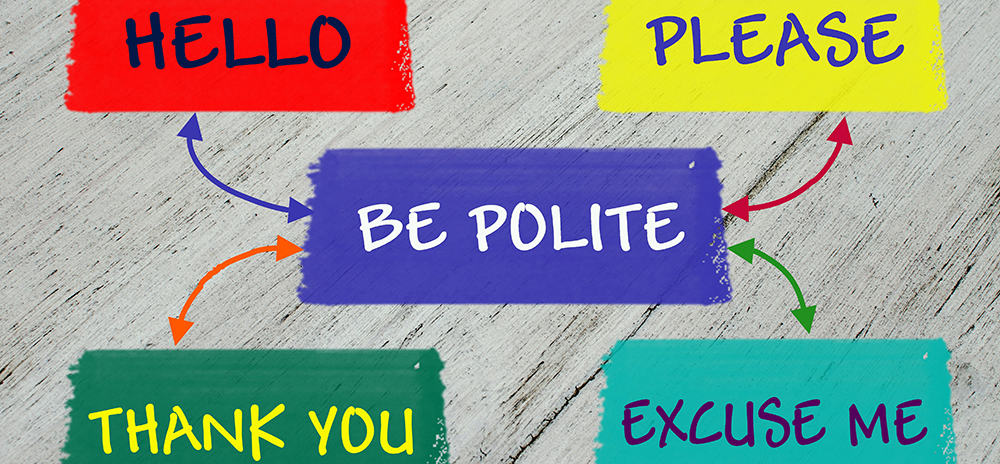

Courtrooms have long been depicted as models of formality and decorum, but our informal survey of judges suggests that the scene is changing.
Our April Question of the Month asked judges if they thought civility had improved, declined or stayed the same in their courtroom in the past five years.
Of the more than 800 judges who voted, only about 9 percent thought it had improved. The rest felt it had either declined (45 percent) or stayed about the same (46 percent).
“There are times when I feel more like a kindergarten teacher than a judge,” read one of 215 comments left by judges. “I have to remind people of all ages to adhere to basic manners.”
Another despaired, “Civility is dead!”
Our poll came on the heels of another survey that found nearly three-quarters of the public believes civility has declined in recent years.
Chief Judge Eugene G. Doherty of the 17th Judicial Circuit Court of Illinois wrote that he thought civility had actually improved in court, but then added grimly, “maybe that’s just because it’s gotten so much worse everywhere else.”
In poll comments, judges described lawyers arguing as if they were starring in a courtroom drama or rolling their eyes at the judge; jurors showing up late and talking on their phones; defendants not following instructions or accepting decisions. One mentioned an attorney who refused to apologize after referring to opposing counsel, on the record, using profanity.
As far as causes for the civility decline, speculation focused on three potential culprits: politics, TV shows and the parties to cases.
Self-represented litigants are sometimes less civil because they are unfamiliar with court procedures and decorum, judges said. And the producers of courtroom reality shows like “Judge Judy” encourage conflict and argument. That may lead some to think that this is normal in real courtrooms, they said.
Several others cited the polarizing 2016 presidential election. Seven judges specifically mentioned President Trump’s verbal assaults on judges and the judiciary.
“The current president’s tweets and off-handed comments have opened the door for the ordinary person or litigant to ignore traditional rules of decorum and common courtesy,” commented a judge anonymously. “I fight with this every day in my courtroom.”
Among judges who felt civility had improved or stayed the same, many took personal credit.
“Whenever civility dips in my courtroom, I try to immediately comment on and correct the misbehavior,” wrote one judge anonymously. “A quote from Australian Army Lieutenant General David Morrison was recently called to my attention and it applies in such situations. He said, ‘The standard you walk past is the standard you accept.’”
* Each month the College emails an informal, non-scientific, one-question survey to its more than 12,000 judicial alumni in the United States and abroad. The results summarized in the NJC’s monthly Judicial Edge are not intended to be characterized as conclusive research findings.
They didn’t teach you this in law school
Being a good judge isn’t enough in the position of presiding judge. You need to know how to tackle human resource issues, budget complications and other management challenges. Management Skills for Presiding Judges will teach you all that and more, helping you become the leader your court needs.
Offered May 21-25, 2018, in Reno, Nevada
Click here for more information or to register


The Hon. Mary-Margaret Anderson (Ret.), a retired administrative law judge with the California Office of Ad...

Happy October, Gaveliers faithful. Are you loving this or what? No one believed a team made up of judges...


Hon. Diane J. Humetewa, the first Native American woman and the first enrolled tribal member to serve as a ...

Retired Massachusetts Chief Justice Margaret H. Marshall has been selected as the 2024 winner of the presti...